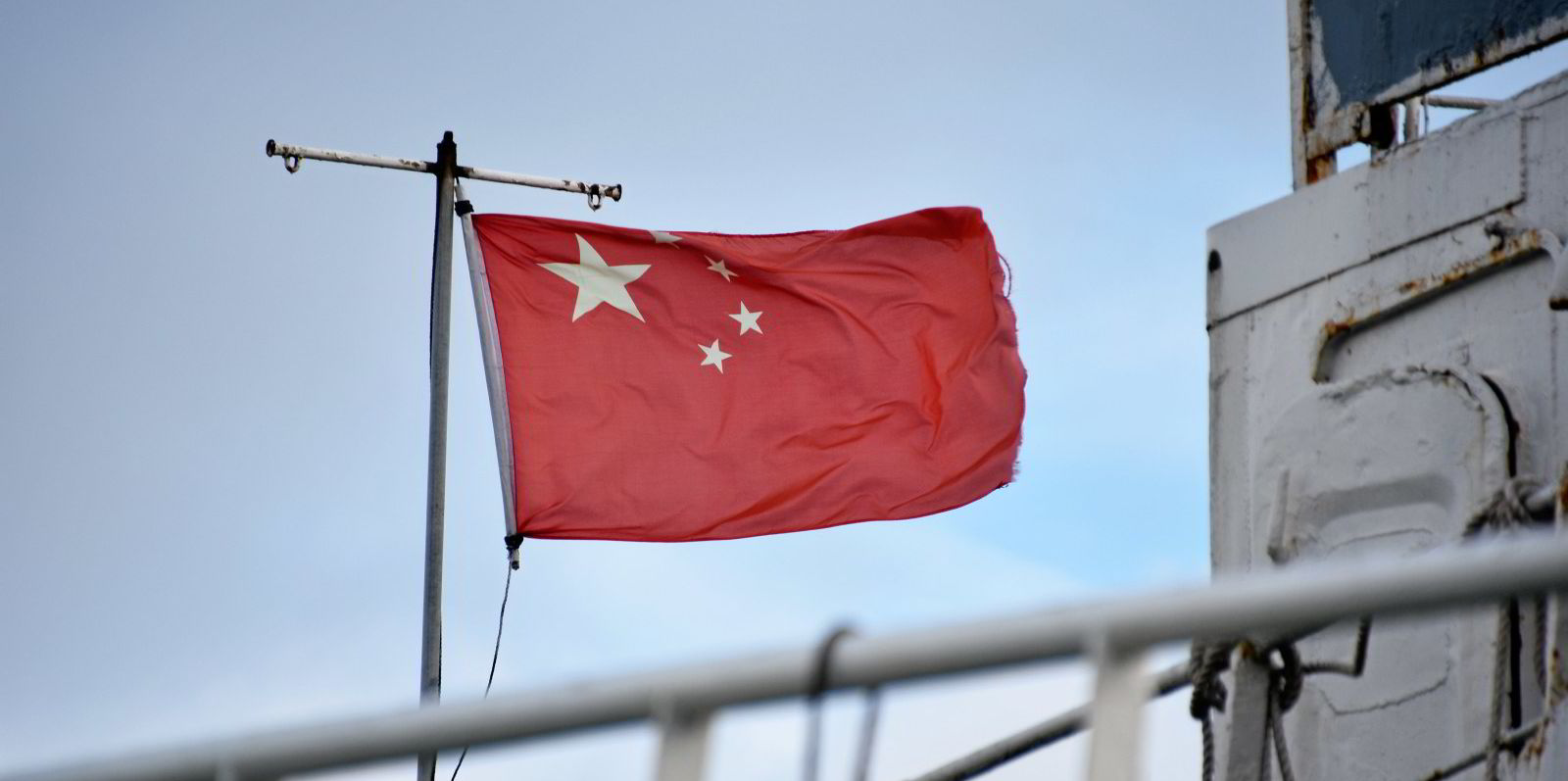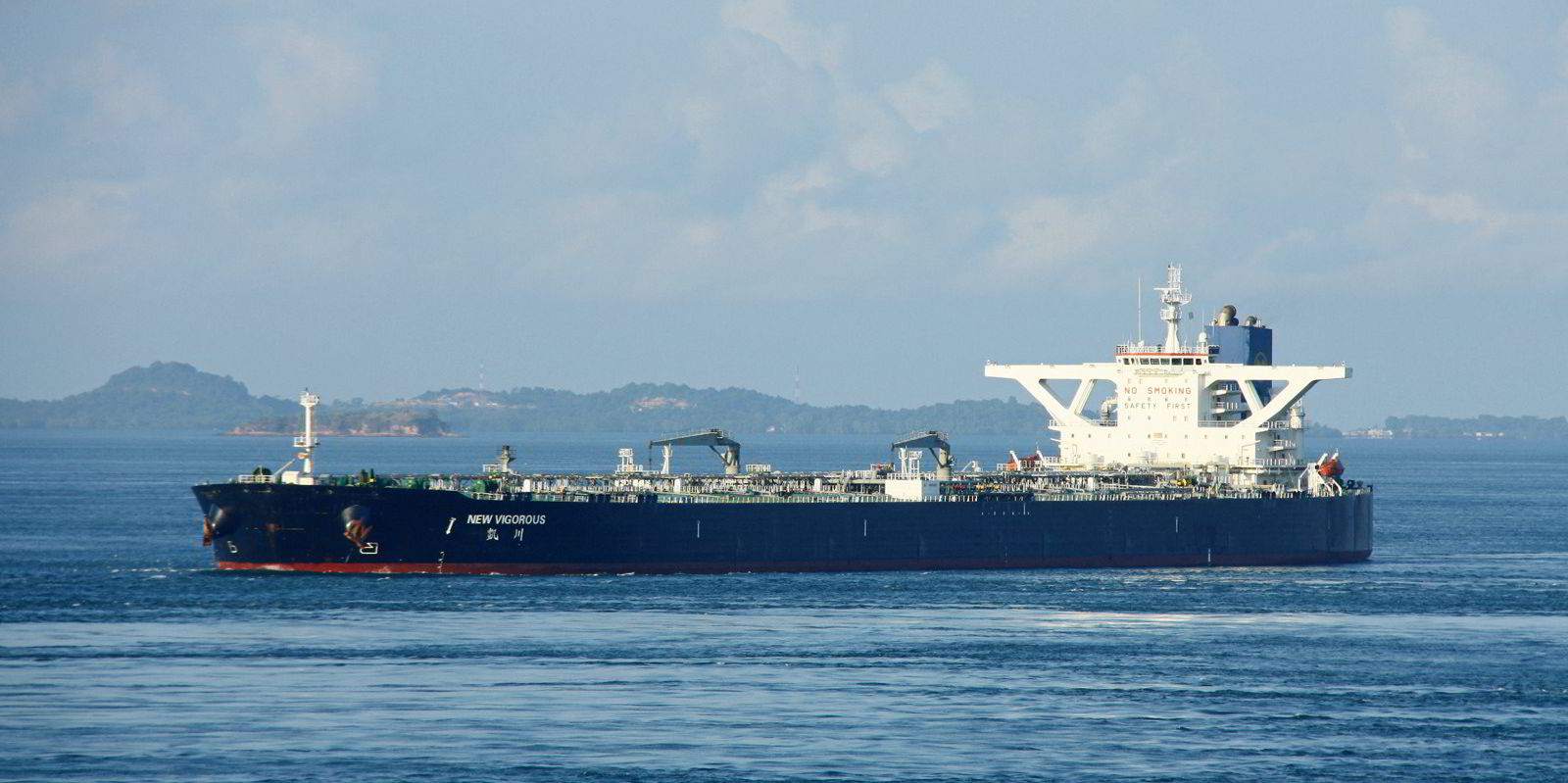Foreign vessels entering Chinese waters — including much of the South China Sea — are now required to report their presence to authorities.
The Maritime Safety Administration of the People's Republic of China put in place rules at the start of the month mandating that certain types of foreign-flagged ships must contact it with identifying details when entering its waters.
Failure to do so could result in fines from CNY 50,000 ($7,743) to CNY 500,000 for owners, operators or managers and CNY 10,000 to CNY 30,000 for ship captains.
"The reporting limits should be marked on the navigation charts and all navigating officers should familiarise themselves with the requirements," protection and indemnity club Gard said in a note outlining the rule.
"Masters should contact their local agents before calling ports in China to ensure they comply with the reporting requirement."
The rules require ships carrying radioactive cargoes, chemicals, oil, LNG or other "toxic and harmful substances" to report their name, call sign, IMO number, MMSI number, current location, last and next ports of call, telephone number and hazardous cargo via an online form, email, phone call or fax.
If a ship's AIS is not working, the vessel must follow up with the identifying information, its current location, intended course and average speed every two hours.
The rules were described by Dryad Global as "lawfare", or the use of law as a weapon of war.
The maritime security consultancy said demands for information on ships carrying hazardous or dangerous cargoes were not uncommon globally, but that China was looking to strengthen its claims in the South China Sea.
There, China has built military installations while claiming nearly the entirety of the key waterway as its territory.
"It does not take a genius to understand that this particular move is part of an ongoing Chinese project to establish its jurisdiction over the South China Sea by using Chinese laws and regulation," Dryad said in a note.
Estimates suggest as much as $5.3trn of global trade passes through the South China Sea, although Dryad cited The Center for Strategic and International Studies as saying the number was likely closer to $3.4trn in 2016.
In addition to tankers, gas carriers and other ships that could have dangerous cargo on board, submersibles, nuclear-powered ships and "other vessels that may endanger the maritime traffic safety of [China] prescribed by laws, administrative regulations or provisions of the State Council" must make reports.






